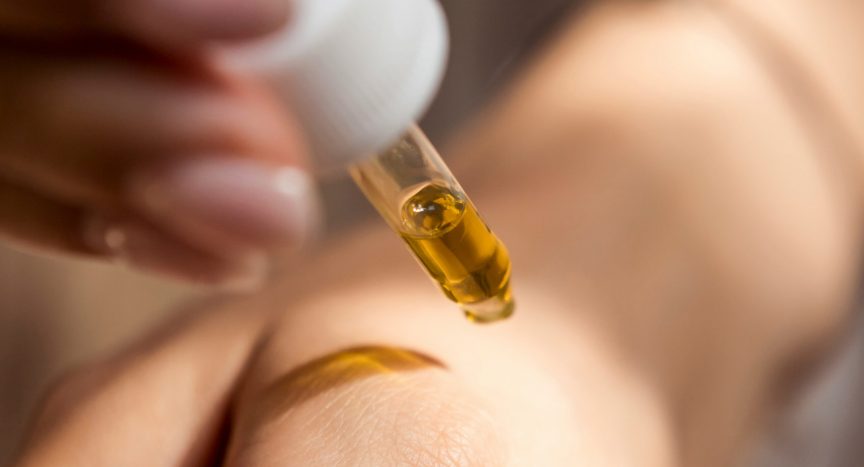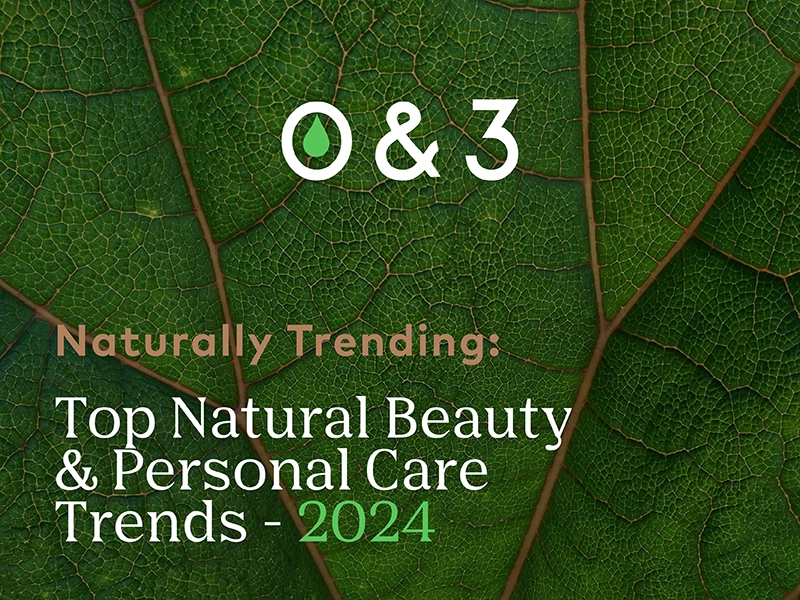For decades, castor oil has been a staple in hair-care routines, praised for its ability to promote hair growth and add shine. But what about its benefits for the skin? While many of us are familiar with its use for luscious locks, the potential of castor oil for facial skin care remains less explored. To shed light on this versatile oil, we turned to experts to uncover its benefits and drawbacks when used on the face.
Featured Experts
- Charlene Valledor is the president of SOS Beauty and a cosmetic chemist
- Kenneth Beer, MD is a board-certified dermatologist based in West Palm Beach, FL
What Is Castor Oil?
Castor oil, derived from the seeds of the ricinus communis plant, has been used for centuries in traditional medicine and as an emollient for hair and skin. Its rich composition, particularly in ricinoleic acid—an omega-9 fatty acid—makes it a popular ingredient in many cosmetic formulations.
Benefits of Castor Oil for the Face
Moisturizing Properties
Charlene Valledor, president of SOS Beauty and a cosmetic chemist, highlights that castor oil’s thick and viscous texture is key to its long-lasting moisturizing effects. “The texture is very thick and viscous and it does not dry or harden, so it’s often included in cosmetic formulations for long-lasting moisture and shine,” she explains. This makes it an excellent choice for dry skin, as it can help maintain hydration levels over extended periods.
Skin Softening
West Palm Beach, FL dermatologist Kenneth Beer, MD, points out that castor oil forms a light barrier on the skin, which can help smoothen its texture. “Castor oil is one of the things that won’t hurt you, may help you, and is interesting. It forms a light barrier and can be used to smooth skin. In addition, it makes the skin more pliable so it feels softer,” Dr. Beer says.
Traditional Use and Versatility
Valledor notes that castor oil has been used for centuries in traditional medicine. While clinical results regarding its benefits are limited, its historical use as an emollient speaks to its versatility. “It can certainly be used as an ingredient in skin and hair formulations for adding moisture and shine,” she adds.
Drawbacks of Castor Oil for the Face
Potential for Irritation
Despite its moisturizing benefits, castor oil can cause irritation in some individuals, particularly those with sensitive skin. Valledor advises caution: “Those with sensitive skin should use castor oil with caution as the ricinoleic acid, which in theory should be anti-inflammatory, may cause irritation.”
Heaviness on Skin and Hair
Castor oil’s thick consistency can be problematic for certain skin types and hair textures. “Pure castor oil can be heavy for fine or thin hair, causing the hair to be weighed down,” Valledor notes. This heaviness can also extend to the skin, potentially leading to clogged pores and breakouts if not used correctly.
Expert Recommendations for Using Castor Oil
Diluting Castor Oil
To mitigate potential drawbacks, Valledor recommends diluting castor oil with a lighter carrier oil or adding a few drops to your regular moisturizer. “I don’t recommend using pure castor oil on the face. If you want to incorporate castor oil in your routine, I’d recommend adding just a few drops to a cream or a lower viscosity oil to cut the thickness a bit and make it more spreadable,” she advises.
Monitoring Skin’s Reaction
As with any skin-care ingredient, it’s crucial to monitor your skin’s reaction to castor oil. Valledor emphasizes the importance of stopping use immediately if you experience irritation or breakouts. “Immediately stop use if you’re finding yourself experiencing any irritation or breakouts from using pure castor oil,” she warns.
Thorough Cleansing
If using castor oil on your skin or hair, ensure thorough cleansing to prevent buildup. Valledor recommends washing out the oil thoroughly to avoid any potential residue that could lead to clogged pores or weighed-down hair.







